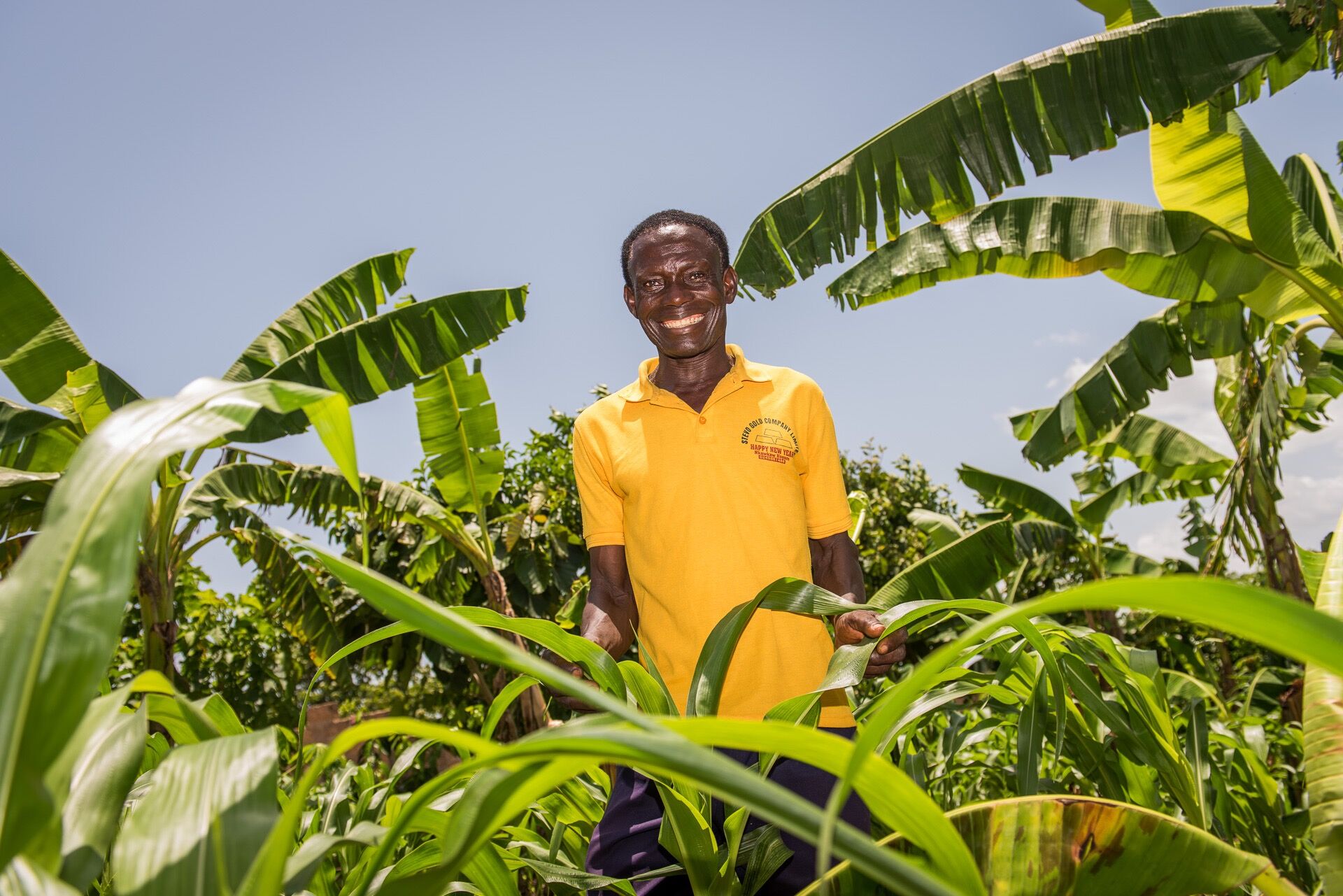Regenerative Organic Agriculture Combats Climate Change on the Ground
“To forget how to dig the earth and tend the soil is to forget ourselves.”
—Mahatma Gandhi
As humans, we’ve sent people to the moon and cracked the human genome, but we are just beginning to understand the complexities of soil. For too long we looked at soil as merely something to hold plants up, rather than a miraculous living membrane crucial for human and ecosystem health. Soils, when healthy, produce more food, retain more water and sequester significant quantities of carbon from the atmosphere. In fact, a third of the excess carbon dioxide in the atmosphere is from oxidized organic matter of depleted topsoil on mismanaged farms and overgrazed rangelands.

Industrial agriculture is a key driver in the generation of greenhouse gases. Synthetic fertilizers and pesticides kill soil life essential to building organic matter. Monocultures, land change, deforestation, waste and transportation are all part of a food system that generates significant emissions.
Fortunately, regenerative organic agriculture if practiced on our farms and rangelands can sequester huge amounts of excess carbon from the air and bring it back into healthy soil in the form of stable organic matter. This is how soil was formed in the first place and is one of the most significant steps we can take to reverse climate change, along with reforestation and not burning fossil fuels.

Dr. Bronner’s is proud to work with our suppliers and their farmers worldwide—in Ghana, India, Samoa, and Sri Lanka—to improve their livelihoods while simultaneously regenerating soil. Our Special Operations team focuses on education and practices that build up soil fertility and organic matter, increasing yields and profits for small farmers while also aiding local communities’ resiliency to heat waves and storms. These techniques include crop rotation, cover cropping and compositing, as practiced by our mint oil supplier in India—and dynamic agroforestry as practiced by our palm oil supplier in Ghana.
Together with Rodale Institute, Patagonia and other regenerative organic allies, Dr. Bronner’s is at the forefront of developing a Regenerative Organic Certified standard that manufacturers and producers can use to certify ingredients and products as regenerative organic.

On a personal level, we can all choose a “regenetarian” diet based on eating much less, eating higher quality meat and food produced using regenerative organic farming practices, and join organizations working on these issues. And we can improve our own soil’s health and ability to sequester carbon by composting instead of throwing away food waste —and inspire our friends and family to do the same.